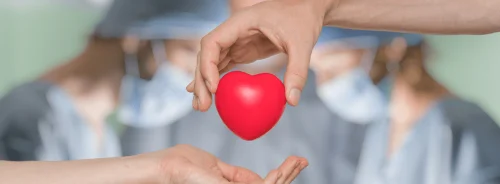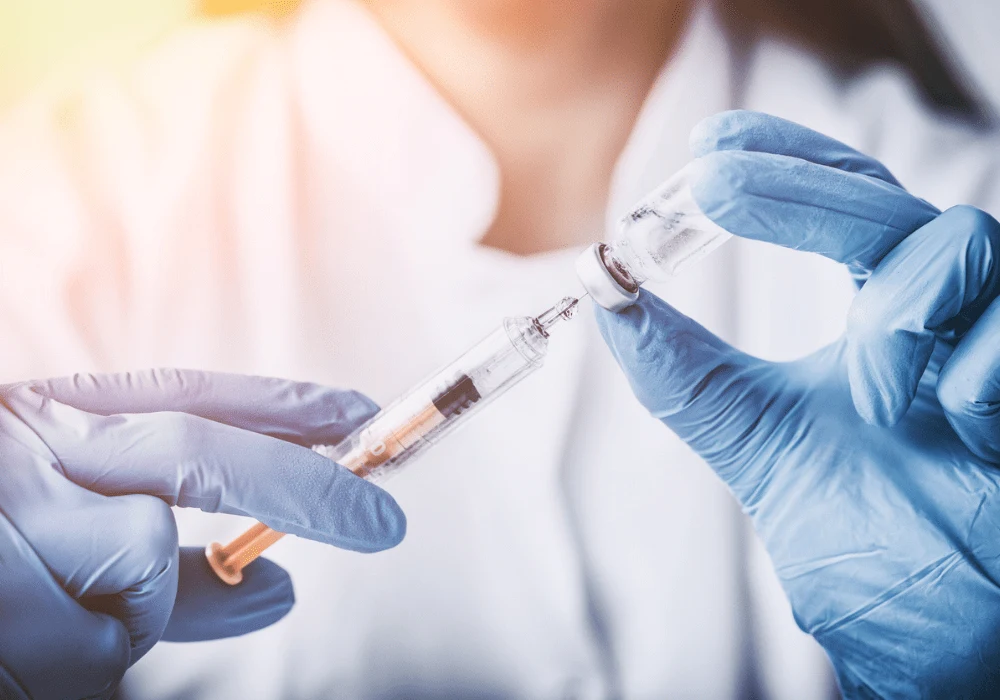The global health landscape has been shaped by numerous pandemics over the past century, with each crisis underscoring the need for more effective and timely responses. The recent establishment of Gavi’s 2.25 billion euro Day Zero Financing Facility marks a significant milestone in pandemic preparedness, aiming to ensure rapid access to vaccines in the event of a global health emergency. This fund is designed to overcome the financial delays that have historically hindered the timely distribution of medical countermeasures, a problem acutely observed during the COVID-19 pandemic. As the world confronts the re-emergence of mpox (formerly known as monkeypox), Gavi’s new fund faces its first real test, potentially setting a precedent for future pandemic responses.
The Genesis of the Day Zero Financing Facility
The Day Zero Financing Facility was conceived in the early stages of the COVID-19 pandemic when it became evident that financial delays were a major bottleneck in the global vaccine distribution process. During COVID-19, lower-income countries experienced significant delays in vaccine access, mainly due to the slow disbursement of pledged funds. Research indicates that these financial delays were responsible for up to 75% of the lag in vaccine delivery to these regions. Gavi’s new facility, comprising a 1.8 billion euro credit line from development finance institutions (DFIs) and a 450 million euro First Response Fund, is structured to provide immediate liquidity, potentially disbursing funds within five days of a public health emergency of international concern (PHEIC) declaration by the World Health Organisation (WHO). This rapid access to funds is critical in ensuring that vaccines can be procured and distributed without the delays that plagued the COVID-19 response.
Mpox as a Test Case for the Day Zero Fund
With the WHO’s designation of mpox as a PHEIC in August 2024, Gavi’s Day Zero Fund is being tested in a real-world scenario. The response to mpox, particularly in Africa, has highlighted the urgent need for accessible vaccines and diagnostics. Countries like the Democratic Republic of Congo (DRC) and its neighbours need vaccines to curb the spread of the disease. However, despite the urgency, Gavi has yet to draw on the Day Zero Fund, instead engaging in discussions with WHO, Africa CDC, and other stakeholders to assess vaccine availability and country needs. The outcome of these discussions and the subsequent deployment of funds will serve as a crucial indicator of the fund’s effectiveness in real-time crisis management.
Broader Implications for Pandemic Preparedness
Establishing Gavi’s Day Zero Financing Facility is part of a broader shift in global health financing strategies. The experience of COVID-19 has prompted DFIs and global health agencies to explore new models for rapid response financing. The ongoing discussions among DFIs aim to create a comprehensive architecture for pandemic financing, which could extend beyond vaccines to include diagnostics, therapeutics, and other critical medical supplies. This initiative also underscores the importance of preparedness financing, with DFIs considering investments in regional manufacturing capabilities during inter-pandemic periods. Such investments would enhance global readiness and address the inequities that have historically characterised global health responses, ensuring that low- and middle-income countries have equitable access to medical countermeasures when a pandemic strikes.
Conclusion
Gavi’s Day Zero Financing Facility represents a significant advancement in the global effort to improve pandemic preparedness and response. As the mpox outbreak puts this new fund to the test, the world is watching closely to see if this model can deliver on its promise of rapid, equitable vaccine distribution. The success or failure of this initiative will have far-reaching implications for future pandemic responses, potentially influencing how global health financing is structured and implemented in the years to come. By providing timely financial resources, Gavi’s fund has the potential to save countless lives, reducing the time it takes to bring vaccines to those who need them most. However, its actual impact will only be known as the current mpox crisis unfolds and future pandemics emerge.
Source: The Lancet
Image Credit: iStock






